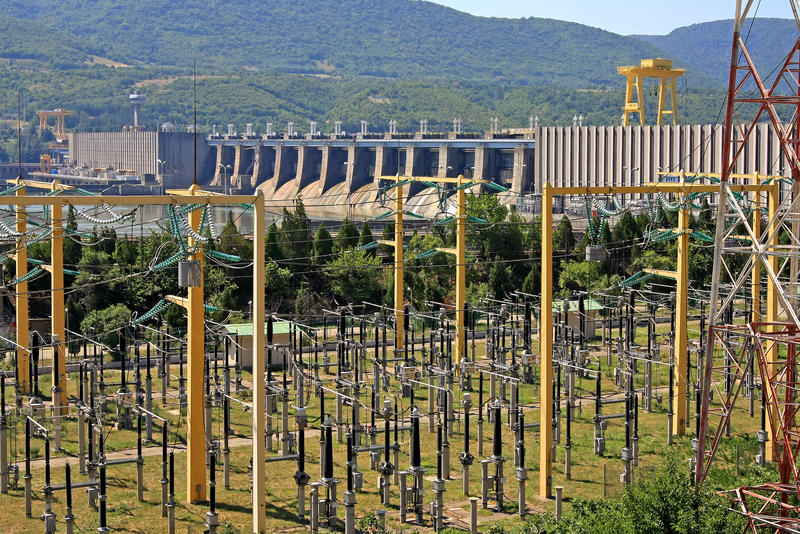The risks posed by population on the financial stability of Romania, which have been low for several years, have grown considerably on the back of the boom of consumer credits, the National Bank - BNR says in a report published on Thursday.
According to the BNR analysis, Romanians are most likely to choose consumer credits continuously for the short term, because of the low level of long-term utility goods possession, growing incomes and people’s expectations about the beneficial effects of EU accession.
In the period of 2000-2005, the average pace of annual growth for banking credits was of 115,3%. And the level of debt grew mainly through consumer credits, accounting for 70% of the total volume of banking credits for the population. Meanwhile, in the euro zone the mortgage credit accounts for 69% of the total, compared to 13% for consumer credits.
BNR experts warn that unless the offer alligns with existing demand correspondingly, the financial stability may be theatened by a strong rise of prices for non-financial assets among the population.




















